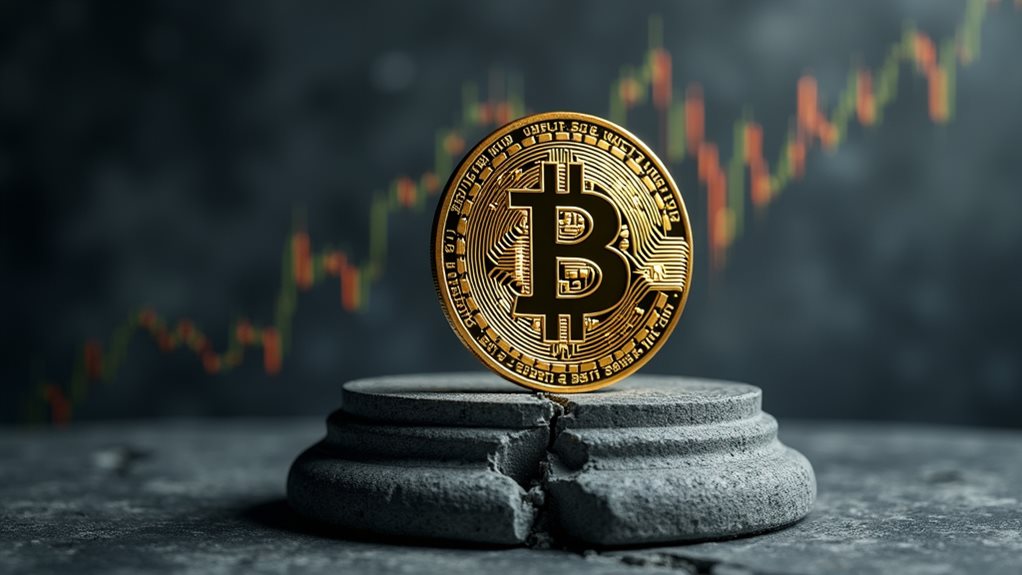Fiserv is launching FIUSD stablecoin by end of 2025, partnering with PayPal and Circle to instantly connect 10,000 financial institutions and six million merchants to crypto. Built on Solana for speed and low fees, FIUSD will enable real-time settlements, programmable payments, and seamless cross-border transactions. The move leverages Circle’s regulated USDC infrastructure and targets corporate treasury functions with 24/7 liquidity capabilities. This isn’t a gradual rollout—it’s being called a financial tidal wave that could fundamentally transform how businesses handle money.

While most fintech companies are still figuring out how to spell “blockchain,” Fiserv just dropped a stablecoin bombshell that could reshape how money moves around the planet. The payments giant plans to launch FIUSD by the end of 2025, and it’s not messing around.
Here’s the kicker: FIUSD will instantly reach 10,000 financial institutions and six million merchant locations already in Fiserv’s client base. That’s not a gradual rollout—that’s a financial tidal wave. The company isn’t just creating another digital token; it’s building a bridge between traditional banking and the crypto future. Despite market volatility risks, institutional investors are watching this development closely.
That’s not a gradual rollout—that’s a financial tidal wave reshaping how money moves across traditional banking and crypto.
Fiserv chose Solana as its blockchain backbone, which makes sense if you want speed and scalability without burning through cash on transaction fees. But the real genius move? Making FIUSD interoperable with other stablecoins, including PayPal’s PYUSD.
The PayPal partnership deserves its own spotlight. These two companies are targeting seamless fund transfers for consumers and businesses, both domestically and internationally. Cross-border transactions, merchant payouts, vendor invoice reconciliations—all the boring but crucial stuff that currently takes forever and costs too much. PayPal’s blockchain approach tackles slow payments and currency fluctuations head-on.
Then there’s Circle Internet Group entering the picture. FIUSD will tap into Circle’s regulated USDC infrastructure, which is basically borrowing the cool kid’s homework but making it legal. Circle brings compliance, security, and real-time settlement to the table. The initiative will deploy through phased rollouts while navigating regulatory reviews across different jurisdictions. Smart move.
Fiserv isn’t reinventing the wheel here—it’s building on Paxos and Circle’s proven stablecoin infrastructure while integrating everything with its Finxact core processing systems. The result? A digital asset platform that doesn’t require clients to learn an entirely new language.
Corporate treasury functions could see the biggest shake-up. Real-time liquidity, 24/7 transactions, programmable payments for automated disbursements—traditional banking hours suddenly seem quaint. Companies won’t need to wait for banks to wake up to move money around. The payment flows integration allows businesses to embed stablecoin functionality directly into their existing financial operations.
The alliance between Fiserv, PayPal, and Circle isn’t just another tech partnership announcement. It’s three established players betting that stablecoins will become as common as credit cards. Whether they’re right remains to be seen, but they’re certainly not waiting around to find out.









